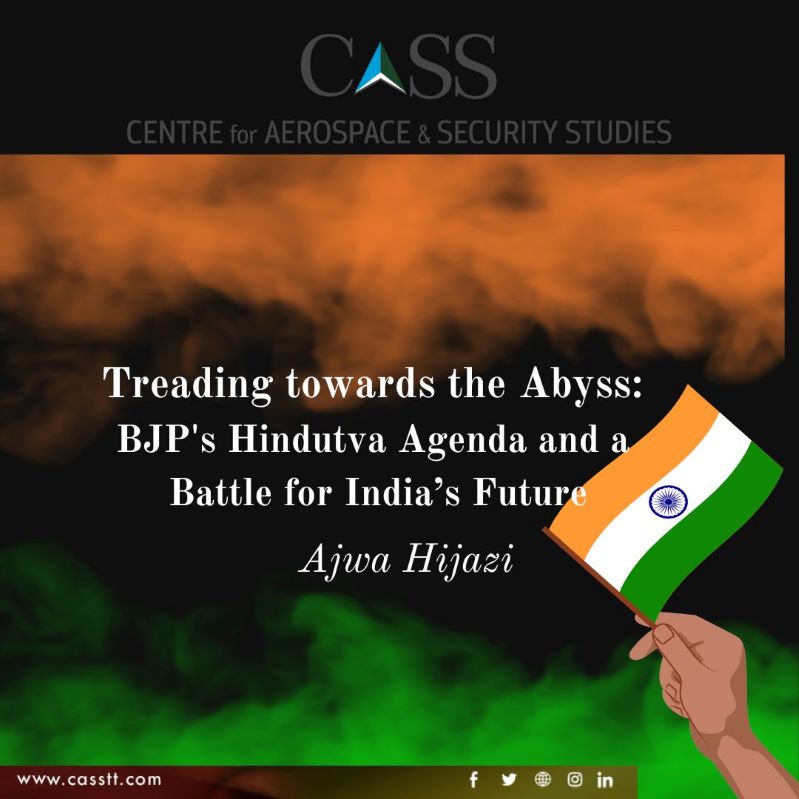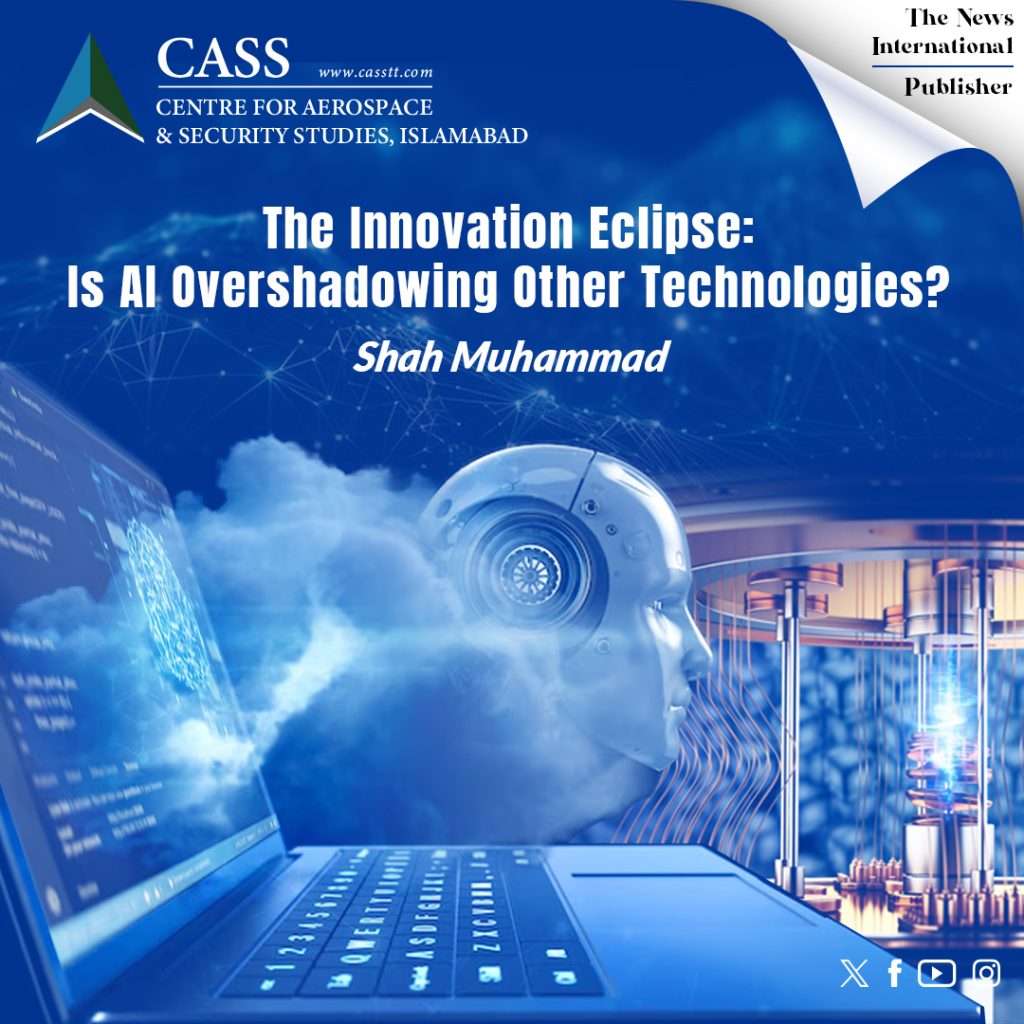Since 2014, the horizon of Indian national politics has been dominated by the Bharatiya Janata Party (BJP) and its agenda of religious nationalism, known as ‘Hindutva’, a term coined by V.D. Savarkar in 1923. While being in the country’s driving seat, BJP has employed the ideology of Hindutva, based on the postulates of right-wing extremism and exclusionary policies against minorities. It has won all the major electoral battles in the last nine years. However, it recently lost the only BJP-governed southern state, Karnataka, to its arch-rival Congress. This victory in the legislative assembly election has stimulated a debate about the fate of the ruling party in the next Lok Sabha election scheduled to be held in 2024.
According to some Indian political pundits, BJP’s defeat in Karnataka is a major setback to its Hindutva-driven hyper-nationalist political agenda which was the central theme of their election campaign. PM Narendra Modi led the campaign trail by attending 19 public rallies and roadshows with a focus on divisiveness – a hallmark of BJP’s electoral politics. The battleground of this campaign was paved with the outgoing government’s anti-Muslim policies, including the ban on hijab, abolishing the 4 percent reservation quota for Muslims in academic and professional institutes, a controversial anti-conversion bill (making inter-faith marriages difficult), and a ban on the slaughter of cows. However, despite the invincible persona of Modi, curated by his Saffron Party, inflation, unemployment, and corruption of the BJP government handed the victory to Congress which kept indigenous issues at the forefront of its campaign.
Unfortunately, while the rejection by the local electorate of Karnataka towards the Hindu majoritarianism-induced election campaign of BJP may set the tone for the remaining state elections in the ongoing year, at the national level, the BJP’s popularity along with the Modi’s high approval rating remains intact. On the other hand, the overall morale of the Congress party has been boosted with their win in Himachal Pradesh and now in Karnataka, in a span of six months. Albeit the arena of state elections is quite different from contesting national elections. The policies related to the systematic persecution of minorities, especially Muslims, penetration of hyper-nationalism, and suppression of dissenting voices in media are some of the instruments that the BJP is using and would continue to use with full force, at the national front, to claim a third consecutive term. These Hindutva-driven policies are implemented by the ruling party to pander to their support base and divert them from more pressing issues, such as widening economic disparity in India.
In the same vein, the current trajectory of governance of the BJP reflects that it is intensifying the already vulnerable fault lines of religious divisions and communal hatred to ramp up the agenda of keeping its support base engaged, ahead of elections. With Lok Sabha elections less than a year away, India’s political landscape is filled with voices that the BJP might pass a Uniform Civil Code (UCC) in the centre. It is one of the three core issues for the right-wing Hindu nationalists (the abrogation of Article 370 and construction of Ram Mandir have already been achieved). The UCC aims to establish a unified set of laws on divorce, marriage, and inheritance, regardless of religion. In a highly religious and polarised environment, implementation of this code would be detrimental to minorities. However, the quest to satisfy its ‘Sangh Parivar’ and win big in the upcoming elections may compel the BJP to go ahead with this complicated UCC.
Additionally, in its desperation to keep the flames of religious nationalism ignited, the BJP is actively using Bollywood as its propaganda tool. The poorly crafted and exaggerated storylines, painting Muslims in a bad light, are further fuelling hatred against the latter. The state-supported recent release of ‘The Kerala Stories’ (showing the fabricated story of 32000 women converting to Islam and joining ISIS); and the upcoming film ‘72 Hoorain’ (depicting Islamophobia); and many other anti-Muslim movies lined up to be released before the national elections, are proof that state is tapping in the anti-Muslim sentiments for electoral gains. According to Naseeruddin Shah, a critically acclaimed Indian Muslim actor, the fashionable trend of hating Muslims in India is being cleverly exploited by the ruling BJP. He also lamented the inefficiency of the Indian election commission in stopping the use of religion to garner votes.
While the Congress party’s victory in Karnataka challenges the BJP’s anti-Muslim rhetoric, it would be naive to assume that this single outcome will automatically translate into success in the upcoming general elections. As the battle for India’s political future intensifies, it is yet to be seen how opposition parties present a formidable alternative to the BJP’s divisive policies. The task ahead is daunting, but it is crucial for the health of Indian democracy and the protection of minority rights. The true test lies in whether the opposition can effectively harness the aspirations and concerns of the people and offer a compelling vision for the once inclusive and pluralistic India. Only then can the forces of communal hatred be challenged, and the true spirit of a diverse nation be preserved.
Ajwa Hijazi is a Research Assistant at the Centre for Aerospace & Security Studies (CASS), Islamabad, Pakistan. She can be reached at cass.thinkers@casstt.com.
Design Credit: Mysha Dua Salman





